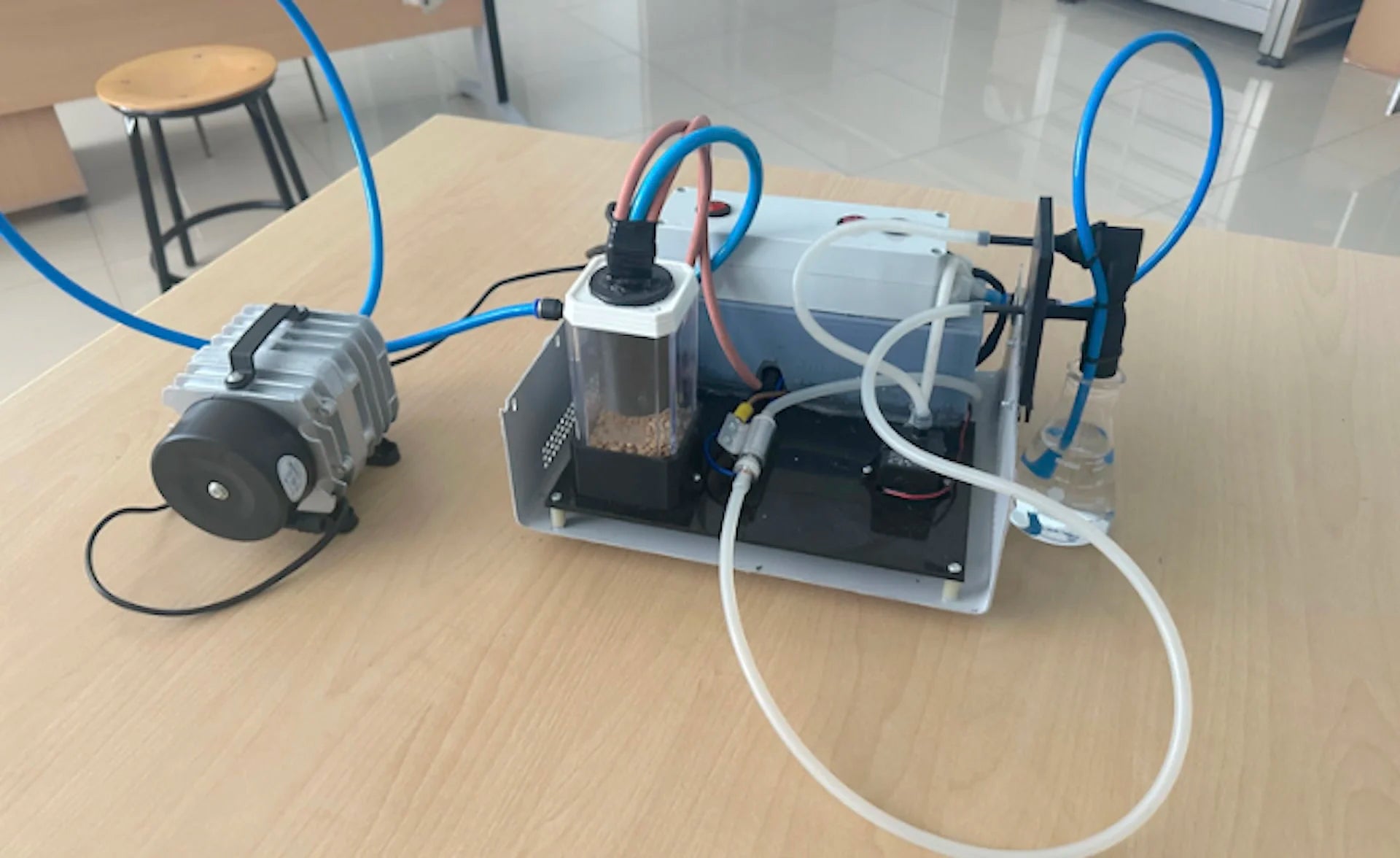
STEAM Unraveling the Threads of Memory: Could Epigenetics Be the Key to Unlocking Our Hidden Past?
In a groundbreaking study by neuroscientist Johannes Gräff and his team at EPFL, recently published in Science, the intricacies of memory formation are being viewed through a fascinating new lens: epigenetics. Traditionally, research on how we remember has focused on synaptic plasticity—the way connections between neurons strengthen or weaken over time. However, Gräff's study directs our gaze deeper, into the very nucleus of the neuron, proposing that the epigenetic state of our DNA plays a crucial role in memory encoding.
The Role of Epigenetics in Memory
Epigenetics, for those unfamiliar, involves changes in gene expression that do not alter the DNA sequence but still affect how cells read the genes. This mechanism allows different cells to perform unique functions, despite each cell containing the same DNA. In the realm of neuroscience, this concept opens up revolutionary possibilities.
Gräff's research reveals that neurons with an "open" chromatin state—where DNA is relaxed and accessible—are more likely to be active participants in forming "memory traces." These are the physical and functional changes in the brain associated with learning and remembering. Intriguingly, by manipulating these states using epigenetic enzymes, researchers could enhance or impair learning in mice.
Unlocking Hidden Memories
Now, let’s venture into a tantalizing "what if" scenario. If we can influence memory formation through epigenetics, could we potentially unlock memories that are hidden beneath layers of genetic expression? This question isn't just academic curiosity; it touches on something deeply personal and universally mysterious: the sensation some people report of possessing memories from a past life.
Imagine the implications. Memories are the tapestry of our identity, woven from the threads of experiences stored within our brains. But what if some of these threads are ancient, stretching back through generations long gone? Could epigenetic manipulation not only enhance learning but also reveal these hidden threads, offering us glimpses into the collective history of our species?
The STEAM Connection
This is where Science, Technology, Engineering, Arts, and Mathematics (STEAM) come into play. By driving research and innovation in these fields, we can explore these possibilities further. Encouraging young minds to delve into STEAM could be our key to unlocking these mysteries. Every new scientist, engineer, artist, and mathematician could contribute to a deeper understanding of our brains and our shared past.
The Future of Memory Research
As Gräff and his team have shown, stepping away from conventional views on memory and focusing on nuclear processes opens new therapeutic avenues for cognitive disorders like Alzheimer’s and PTSD, which involve epigenetic disturbances. But beyond medical applications, this research could transform our understanding of memory as a dynamic interplay of genetic openness and restriction.
Join the Conversation
At STEAMEvolution, we believe that the future is in the curious minds of those who dare to ask bold questions and seek answers in unexplored territories. We invite you to join this fascinating conversation. Could understanding and manipulating the epigenetic keys to our memory unlock secrets buried in the forgotten past? What could this mean for our understanding of history, identity, and personal growth?
We encourage all our readers to think about the potential of such scientific advancements. By supporting STEAM education and research, we are not just shaping a future of innovative technologies and therapies; we are potentially rediscovering ourselves through the hidden memories of our species.
Stay Curious
As we continue to explore these intriguing possibilities, remember that each discovery is a step towards understanding the vast complexities of the human brain. And you, as part of the STEAMEvolution community, are at the forefront of this exciting journey. Let’s keep pushing the boundaries of what we believe is possible.
For more thought-provoking content and updates on the latest in STEAM research, stay tuned to our blog. Together, let’s explore the past, understand the present, and innovate for the future.



Leave a comment
This site is protected by hCaptcha and the hCaptcha Privacy Policy and Terms of Service apply.